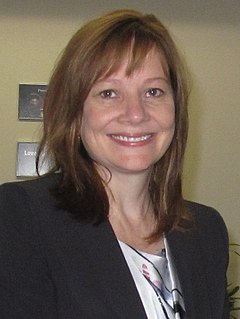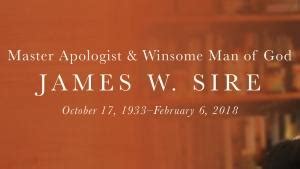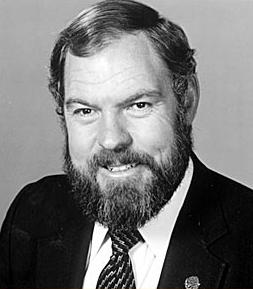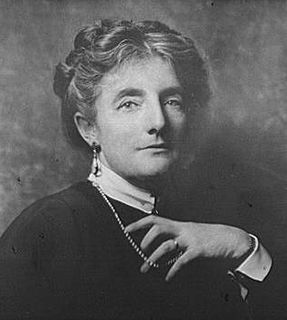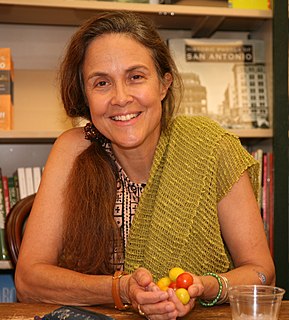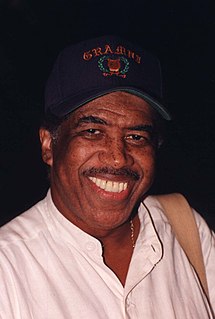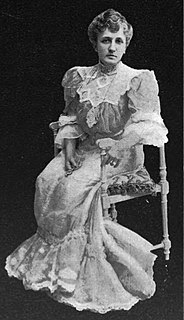A Quote by Chris Kirkpatrick
I say from my experience that, you know, I have to do my career, and, you know with us, our careers come first, and, you know, anybody we're with has to take a back seat to that and understand that these are our lives.
Related Quotes
Know that originally none of us are from Earth. We all have natural origins off the planet. We are having human experience, but one thing we're going to have to come to understand - and I know that's a lot for some people - is that our heritage is within the galactic origin. We are going to come into alignment with that by remembering our individual origins - and that's going to be a very important part of our enlightenment process.
I do not believe that there is any secret or single formula for success, but there are common threads of thought and action that characterize the successful people that I have been fortunate enough to know and observe. I do know, from my own experience, that our chance of succeeding is much greater when we organize and take charge of our lives. When we are willing to make decisions, we aggressively pursue those things in life that are important to us.
People abroad always tend to take what the best of what we have and come back through the back door always, say, and hit us with it. And then we wake up one day and say, I think I've heard that. Yeah, it was done by whoever, you know. So, ah, that's been one of our weaknesses we don't tend to hold on as they do there.
To those who live by the land there must always come times of hardship, of fear and of hunger, even as there are years of plenty. This is one of the truths of our existence as those who live by the land know: that sometimes we eat and sometimes we starve. We live by our labours fromone harvest to the next, there is no certain telling whether we shall be able to feed ourselves and our children, and if bad times are prolonged we know we must see the weak surrender their lives and this fact, too, is within our experience. In our lives there is no margin for misfortune.
Our Heavenly Father and our Savior, Jesus Christ, know us and love us. They know when we are in pain or suffering in any way. They do not say, ‘It’s OK that you’re in pain right now because soon everything is going to be all right. You will be healed, or your husband will find a job, or your wandering child will come back.’ They feel the depth of our suffering, and we can feel of Their love and compassion in our suffering.
I do not know of any divine commands. I do know of most important human ones. I do not know the needs of a god or of another world. . . . I do know that women make shirts for seventy cents a dozen in this one. I do know that the needs of humanity and this world are infinite unending constant and immediate. They will take all our time our strength our love and our thoughts; and our work here will be only then begun.
You must have a room, or a certain hour or so a day, where you don’t know what was in the newspapers that morning, you don’t know who your friends are, you don’t know what you owe anybody, you don’t know what anybody owes to you. This is a place where you can simply experience and bring forth what you are and what you might be. This is the place of creative incubation. At first you may find that nothing happens there. But if you have a sacred place and use it, something eventually will happen.
As Indigenous peoples, we know there is more to the world. We know spirits exist. We know as women, because we're especially attuned to this kind of knowledge, that spirits exist and have a presence in our lives. Some of us are gifted and can communicate with the spirit world. Not everyone has that gift and can perceive the borders between the living and the dead and our society actively discourages us of exploring the knowledge of what many of us have already always known in our cultures.
When we can't hold back, or set boundaries, on what comes from our lips, our words are in charge-not us. But we are still responsible for those words. Our words do not come from somewhere outside of us, as if we were a ventriloquist's dummy. They are the product of our hearts. Our saying, "I didn't mean that," is probably better translated, "I didn't want you to know I thought that about you." We need to take responsibility for our words. "But I tell you that men will have to give account on the day of judgment for every careless word they have spoken" (Matt. 12:36).

